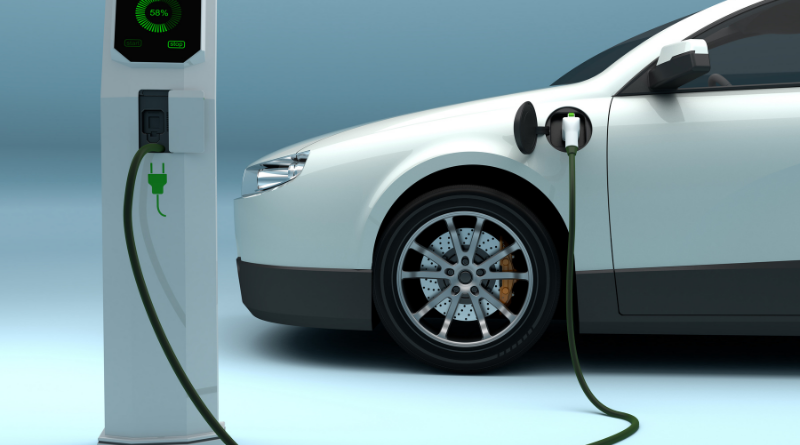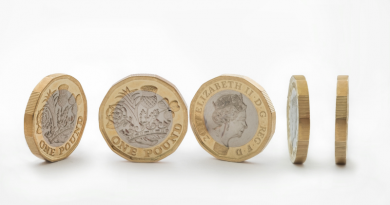The low down on tax and electric vehicles
Business parks and hotel car parks are beginning to fill up with electric vehicles and, at the time of writing, the RAC estimates that there are more than 330,000 zero-emission Battery Electric Vehicles on the UK’s roads – with more than 125,000 registered in 2021 alone – along with 320,000 plug-in hybrids and over 700,000 conventional hybrids.
By 2030 new fossil fuel cars will cease to be sold in the UK. Before then, the Treasury is incentivising business drivers to go electric by offering some key tax benefits:
- For a pure electric car, a low benefit in kind rate
For the current 2021/22 tax year this is set at 1% rising to 2% for the 2022/23 tax year.
E.g. in 2021/22 the benefit in kind for an electric Tesla with a list price of £100,000 has a benefit in kind charge of £1,000 whereas a high emission fossil fuelled car with the same list price of £100,000 has a benefit in kind charge of £37,000. For a 40% tax-payer the tax saved by going pure electric is £14,400 in this example.
- For a low emission car, a plug-in grant for qualifying vehicles
You can get a discount on the price of brand new low-emission vehicles through a grant the government gives to vehicle dealerships and manufacturers. The grant is automatically deducted from the price of the car at source by the dealer.
A maximum grant of up to £2,500 is available for an eligible new car, and further grants are available for eligible motorcycles, mopeds, small vans, large vans, taxis and trucks.
- The Electric Vehicle Homecharge Scheme
This is a grant that provides a 75% contribution to the cost of one charge-point and its installation. A grant cap is set at £350 (including VAT) per installation. The main requirement is that a person owns, leases, or has ordered a qualifying vehicle and has dedicated off-street parking at their property. A person may apply for 2 charge-points at the same property if they have 2 qualifying vehicles.
From April 2022, the Electric Vehicle Homecharge Scheme will no longer be open to homeowners (including people with mortgages) who live in single-unit properties such as bungalows and detached, semi-detached or terraced housing.
Installations in single-unit properties need to be completed by 31 March 2022 and a claim submitted to the Driver and Vehicle Licensing Agency by 30 April 2022.
The scheme will remain open to:
- homeowners who live in flats
- people in rental accommodation (flats and single-use properties)
Should you buy or lease your electric vehicle?
A common big question is whether to buy or lease your new electric vehicle. There are advantages and disadvantages of either way but normally it comes down to cash flow.
- Buying – this can be by cash or by finance. Having full ownership of the vehicle means you may be able to claim a capital allowance against the purchase, for a new vehicle this could be a 100% annual investment allowance. The disadvantage to buying is that you often have to find cash or have the ability to obtain finance.
- Leasing – Thisgives you the full use of the vehicle until the end of the lease agreement, and you would usually only need to pay a deposit and then spread the monthly lease payments over the life of the lease agreement. The disadvantage is that you would not be acquiring an asset and so wouldn’t be able to claim tax capital allowances.
The choice is not always clear-cut so it’s best to talk it through with your accountant.
VAT liability for electric vehicle charging
Being an accountant writing this article, it would be wrong not to mention the lovely area of VAT. Electricity used for charging an electric car in public places is subject to the full standard rate (currently 20%) and HMRC quote the following from their manuals:
You can recover the input tax for charging your electric vehicle if all of the following apply:
- you are a sole proprietor
- you charge your electric vehicle at home
- you charge your electric vehicle for business purposes
You should work out how much of charging your electric vehicle is for business use and how much is for private use. You can recover VAT on only the business use amount. The usual input tax rules apply.
As a sole proprietor, you can recover the input tax for charging your electric vehicle for business use at other places. The usual input tax rules apply.
The rate for recovery of input tax for charging electric vehicles is the same as the VAT rate charged on the supply of electricity.
If you employ people and an employee charges an electric vehicle at their home you cannot recover the VAT suffered. This is because the supply is made to the employee and not to the business. If the employee charges the electric vehicle at the business’s premises, you would have to apportion the amount of VAT claimed according to the amount of business use out of the total use.
Originally posted 2021-12-10 15:53:29.
- The low down on tax and electric vehicles - February 5, 2026
- The “Jaffa Cake” case! - December 27, 2025
- How a virtual financial director can boost your business growth - August 27, 2025






